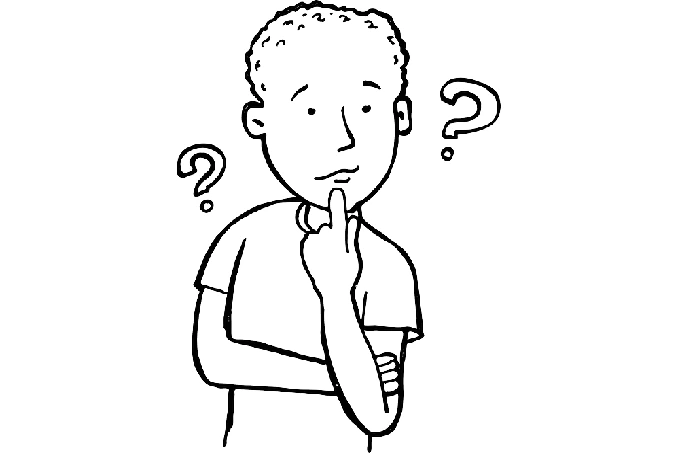It doesn’t matter how diligently someone works or how intelligent or experienced they are; sooner or later, they will run across a situation in which they are forced to make a decision that is challenging or unpleasant to them. Because they are terrified of the results, many people procrastinate and look for any method they can to get out of taking action when they are in a situation like this. However, this is incorrect; in most cases, it is far more harmful than taking the wrong action.
It would help if you asked yourself a few questions before making a decision.
Are your thoughts arise from shame or fear?
People are very limited in their thoughts by various frames of reference. Some are set by nature and go deep into antiquity, such as fear of the unknown, while others have been shaped by society, such as shame. Often thoughts arising from shame or fear interfere with difficult or unpleasant decisions, as a person stumbles upon a kind of barrier, overcoming which the majority is tough.
If shame or fear is holding you back, consider whether it’s real. What is a shame really, and are you really afraid of it? You may still not be ready to make a decision by answering these questions, but you will be closer to your goal.
Which answer seems easiest to you
It says not to bring in new entities unless absolutely necessary. In simple terms, don’t overcomplicate unnecessarily.
Many complicated solutions are really not. Because people tend to exaggerate problems, the mind is always coming up with new solutions, one more complicated than the next. The solution often lies on the surface and is usually the simplest one that comes to mind first.
Is your situation so unique?
Most of the decisions we have to make are trivial tasks that have haunted humanity for centuries. Because our mind tends to think of itself as the center of the universe, it seems that any difficult decision is a personal punishment for some sins. But these trials can arise in anyone’s life, so you shouldn’t think that this dilemma is your own.
Since the situation is not unique, it has some solution that has been worked out for a long time. For example, you want to move from one job to another, but you are afraid that you cannot cope, that the new place will be worse and that the career growth that was promised at the interview is just a sham. This situation has happened in the lives of millions of people, and you can read about their experiences online or just by talking to people you know.
Is there anything you can do to make the decision easier?
Simple decisions often turn out to be right. But even if you make a decision based on this principle, it may still seem difficult and unacceptably unpleasant. Then ask yourself: “How else can I simplify this situation?” You’ll find a tool for most decisions that helps you accept it with a less heavy heart and ease the consequences.
Can you immediately name all the pros and cons?
People often focus only on the negatives when a difficult decision is made. But most decisions, even if they seem negative at first glance, actually have positives or something close to neutral.
Before you make a difficult or unpleasant decision, it’s worth weighing the pros and cons. Maybe you decide to change tactics or replay the situation, or maybe you do what you want to do, realizing that even though it requires stress, it will be rewarded in the future.
Is it really true that what seems wrong to you is wrong?
People are constrained by morals, customs, and other attitudes and are guided primarily by reason, which is these barriers. This is why many decisions are so difficult because there are attitudes that clearly divide the world into black and white. Often what seems wrong and makes decisions difficult or unpleasant is not. They are outdated norms that did not arise out of anything but, in the realities of the modern world, do not work as intended.
Are you trying to read someone’s intentions?
Often when a person can’t make up his mind to answer an unpleasant question, it’s as if he’s trying to read the intentions of the person who asked it to fit the task to the answer. This evolutionary mechanism was established long ago, back in the days when human ancestors first picked up sticks. Reading intentions allows you to avoid conflict because if you see that the other person has an aggressive attitude toward you, your pattern of behavior changes to protect you.
We’re not saying that reading intentions are wrong. On the contrary, it should be done, but you must remember that you have your head on your shoulders. In situations where nothing threatens you, at least not your health or freedom, you must first rely on knowledge and experience.
What decision would you make, If no one was watching and judging you?
Again, it’s about attitudes like morality and social censure. Many decisions become difficult, even though they are not, simply because we fear embarrassing ourselves or being judged by others.
However, you won’t get very far if these judgments guide you. Think about what decision you would have made if you weren’t surrounded by people who would judge you. If it is too radical, soften it, so it becomes more neutral but is still your thoughts, not an externally imposed attitude. Of course, the first thing to do here is to be guided by reason, and it is about something that is not potentially dangerous to your health or the well-being of those around you.
